15 Mistakes People Make When Decluttering
15 Mistakes People Make When Decluttering

Decluttering your home can feel like a fresh start, but it’s easy to make mistakes that slow you down or make the task harder. From holding onto too many items for sentimental reasons to trying to do everything at once, these common pitfalls can hinder your progress. Understanding these mistakes can help you avoid them, making decluttering a more efficient and stress-free process. Let’s explore 15 common decluttering mistakes so you can tackle your next clean-out with confidence and ease.
1. Being Too Sentimental

When decluttering, it’s easy to hold onto items for sentimental reasons. You might keep things because they remind you of good times or loved ones. However, this can make it hard to let go of things you don’t really use or need. Try to focus on the memories rather than the objects themselves. You can take photos of sentimental items before letting them go, keeping the memory without the clutter.
2. But “It’s Just A Really good Box”
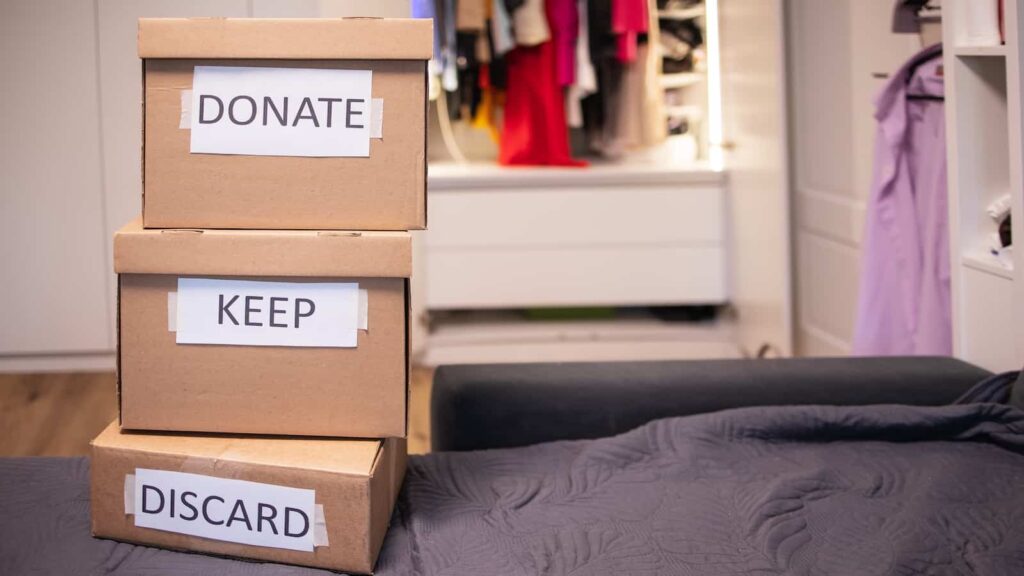
It’s common to save boxes thinking they might come in handy later. While it’s true that some boxes are sturdy or a perfect size, keeping too many can quickly add to clutter. Ask yourself if you’ve used these boxes recently or if they’re just taking up space. If it’s the latter, it’s time to recycle them. Remember, you can always find another box if you need one.
3. Cleaning Before Emptying

Starting to clean before you’ve fully emptied a space can slow down the decluttering process. It’s better to remove all items from the area first, then decide what to keep, donate, or throw away. This method helps you see exactly how much space you have and makes cleaning easier. Once everything is out, you can clean more effectively and only put back what you truly want to keep.
4. Being Too Strict on Throwing Away
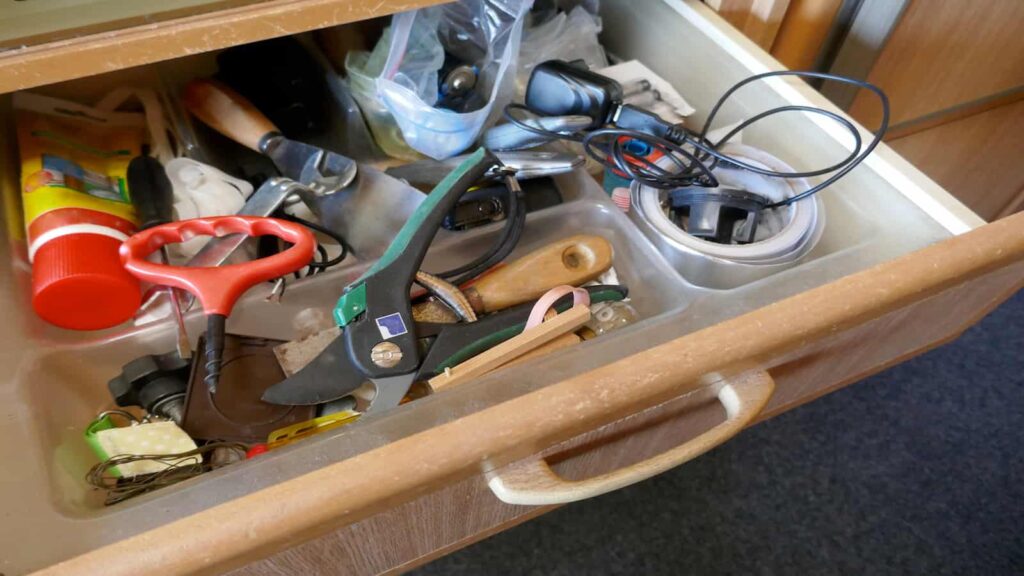
While decluttering, you might feel pressured to throw away as much as possible. However, being too strict can make the process stressful and may lead you to regret getting rid of certain items. It’s important to balance between keeping what’s meaningful or useful and letting go of what’s not. Remember, decluttering is about making your space work better for you, not just getting rid of things.
5. Not Thinking of Repurposing

Many people forget that decluttering can also mean repurposing items for different uses or rooms. Before tossing something out, consider if it can serve a new purpose. An old jar could become a plant pot, or a worn-out shirt could be turned into cleaning rags. Repurposing not only reduces waste but can also give your items a second life in your home.
6. Thinking It Will Be Done in a Few Hours

Decluttering is often a bigger task than anticipated. Thinking you can finish in a few hours can lead to frustration when it takes longer. It’s a process that might span several days, especially if you’re going through years of accumulated items. Setting realistic time expectations can help manage your frustration and make the process more manageable.
7. Trying to Do Every Room at Once
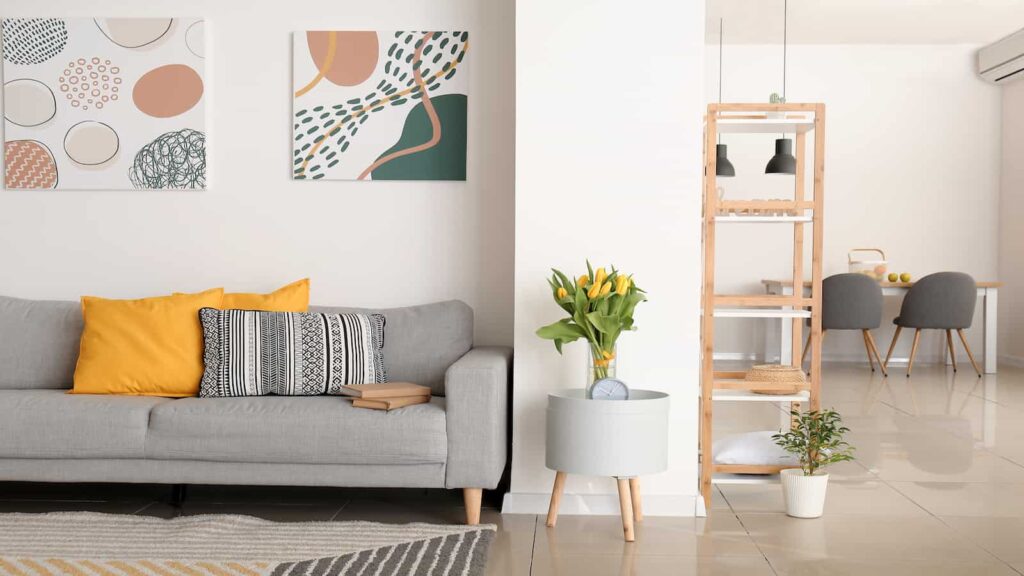
Attempting to declutter every room in your home at once can be overwhelming and ineffective. It’s better to focus on one area at a time, completing it before moving on to the next. This approach helps you see progress and keeps you motivated. Plus, it makes the task feel more manageable and less daunting.
8. Not Having a Clear Goal

Starting to declutter without a clear goal can lead to confusion and a lack of direction. Determine what you want to achieve with your decluttering effort. Whether it’s creating more space, reducing stress, or simply tidying up, having a specific objective in mind will guide your decisions and keep you focused.
9. Think You’ll Fix Something When You Know You Won’t
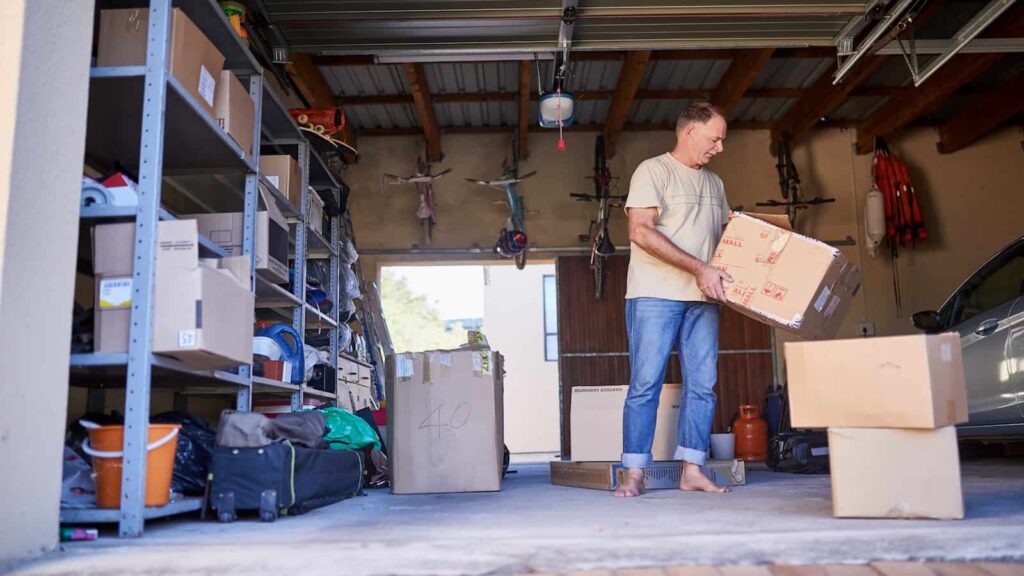
Many of us keep broken items, thinking we’ll fix them someday. If you haven’t repaired it by now, chances are you won’t in the future. It’s better to be honest with yourself and let go of these items. This frees up space and removes the guilt of uncompleted tasks. If it’s important, consider replacing it or having someone else fix it.
10. Organising Instead of Decluttering
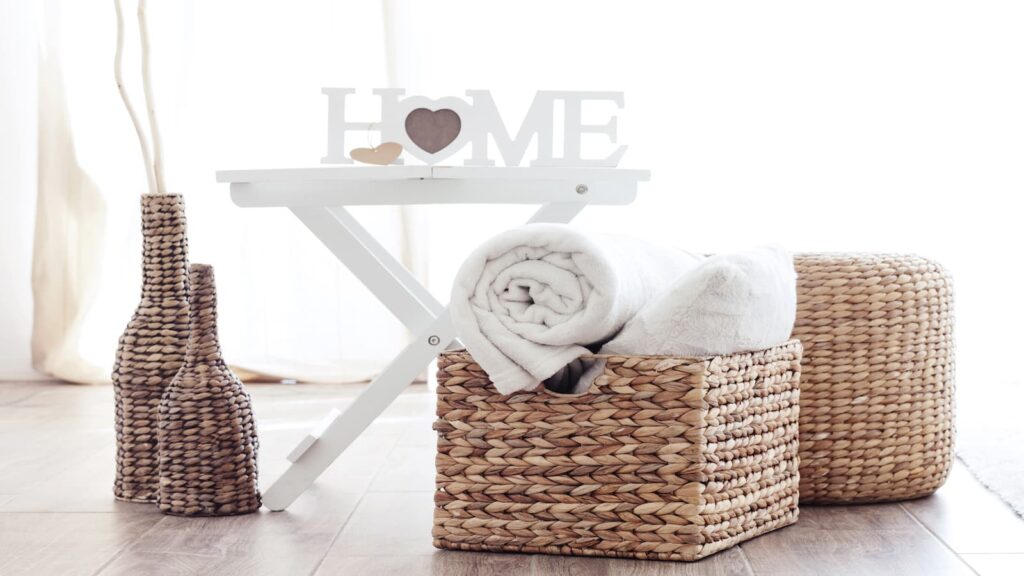
It’s easy to fall into the trap of organizing clutter instead of removing it. While organizing can make your space look neater, it doesn’t address the underlying issue of having too many things. Focus on decluttering first by removing items you no longer need or want. Once you’ve minimized, then you can organize what’s left more effectively.
11. Doing It All on Your Own

Decluttering by yourself can be daunting and overwhelming. Getting help from friends or family can make the process faster and more enjoyable. They can offer a fresh perspective on what to keep or discard and provide moral support. Remember, it’s okay to ask for help when you need it.
12. Not Doing It Regularly
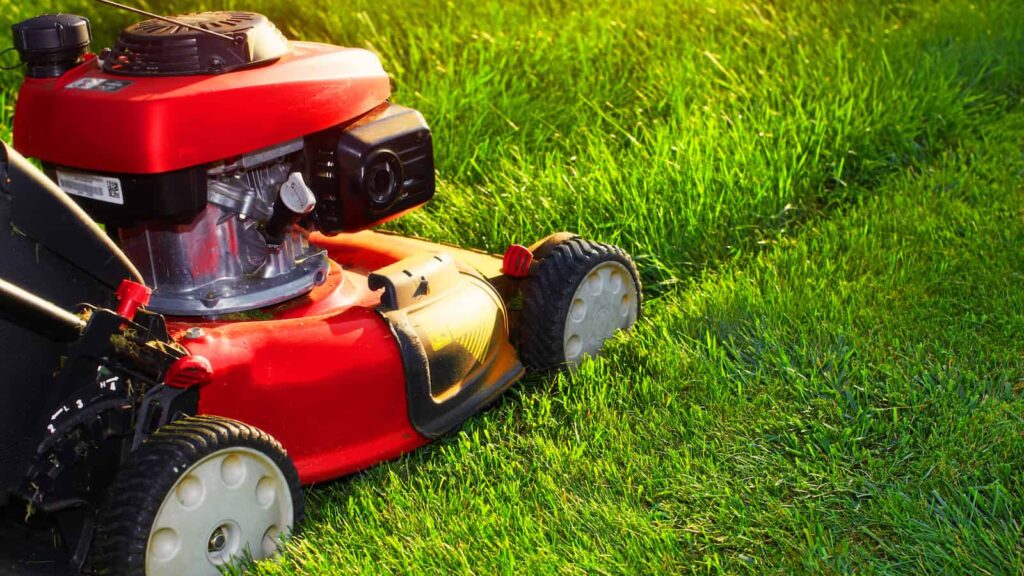
Decluttering isn’t a one-time task; it’s an ongoing process just like mowing your lawn. Not decluttering regularly can lead to the accumulation of items over time, making it harder to manage. Try to declutter regularly, whether it’s seasonally or as needed, to keep your space tidy and manageable. This prevents clutter from building up and makes future decluttering efforts easier.
13. Being Too Much of a Perfectionist

Striving for perfection in decluttering can make the process stressful and unenjoyable. It’s important to remember that perfection isn’t the goal; improvement is. Allow yourself to make progress at your own pace and accept that some areas might take longer to declutter than others. Celebrate your progress rather than focusing on imperfections.
14. Just Moving Things Around

Simply moving items from one place to another without truly considering if they’re necessary can hinder your decluttering progress. While repurposing is beneficial, it shouldn’t prevent you from evaluating whether an item adds value to your life. Be honest about each item’s usefulness and whether it deserves space in your home.
15. Feeling Guilty About Your Purchases

Feeling guilty about past purchases can make decluttering challenging. It’s important to forgive yourself for any perceived mistakes and focus on making better choices moving forward. Letting go of items you no longer need or want can be liberating and is a step towards a more intentional lifestyle. Remember, it’s about learning and growing, not dwelling on the past.
More From BeRightBack

Find more home guides here:
We are Mary and Eric, the founders of Be Right Back, a blog dedicated to romance around the globe and at home.
We are Mary and Eric, the founders of Be Right Back, a blog dedicated to romance around the globe and at home. With over 10 years of experience in dating and traveling to romantic places, we share our favorite date ideas and romantic destinations to help couples level up their relationships. Having lived in and traveled through the USA, we also share our favourite things to do in the States.
With 70,000 monthly readers and 16,000 followers on social media, Be Right Back is your go-to resource for romantic trip ideas and couple activities at home and abroad.
